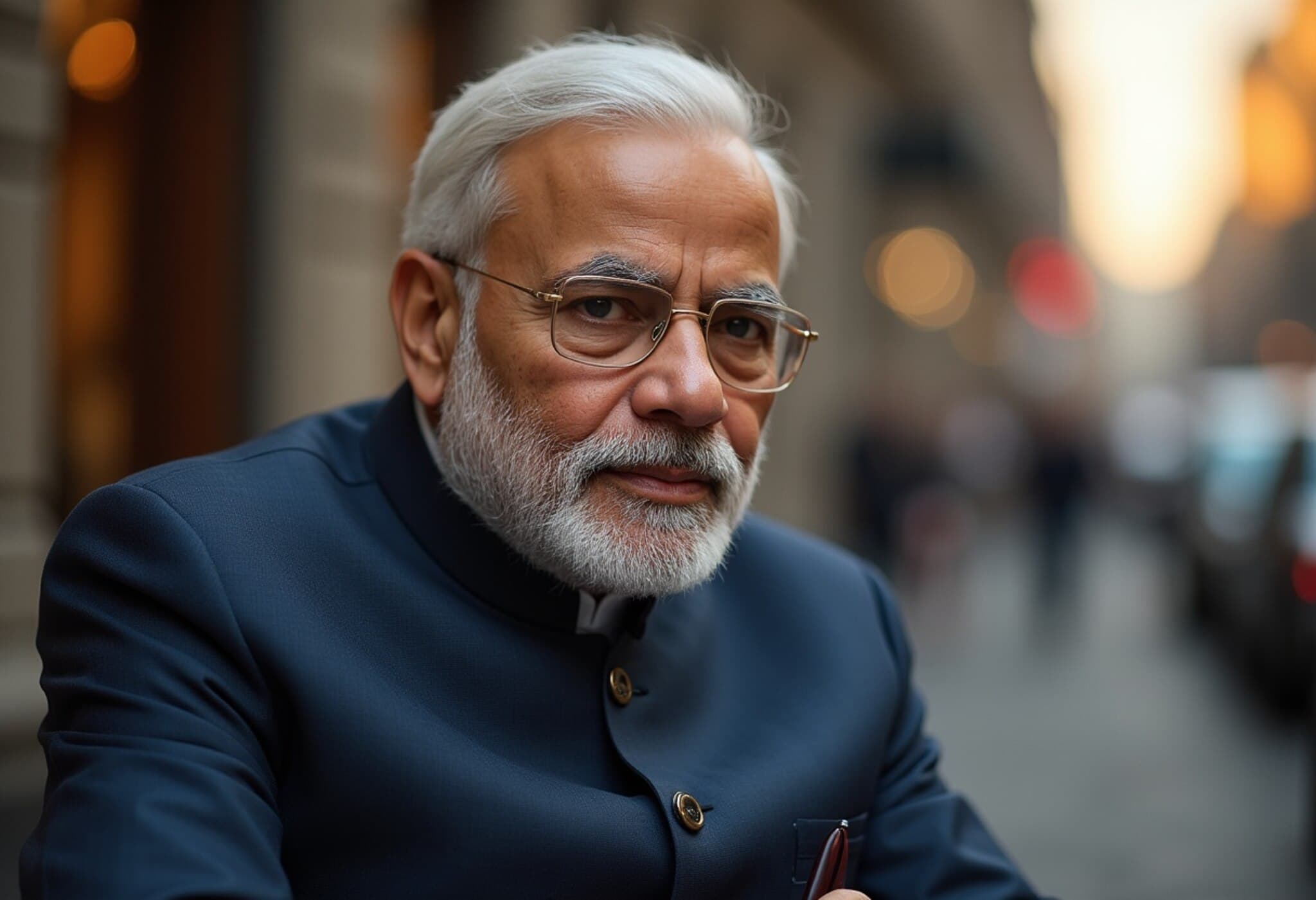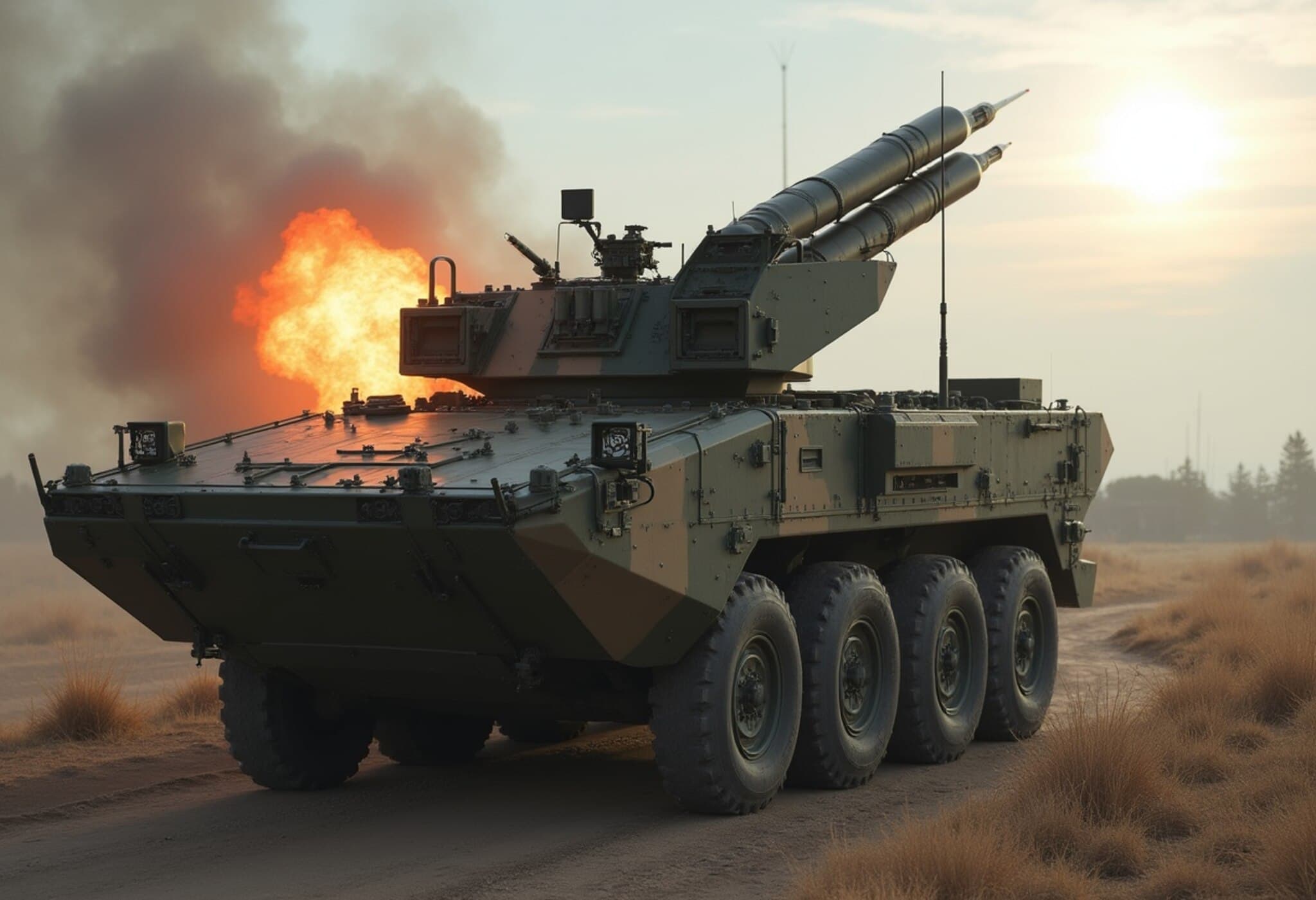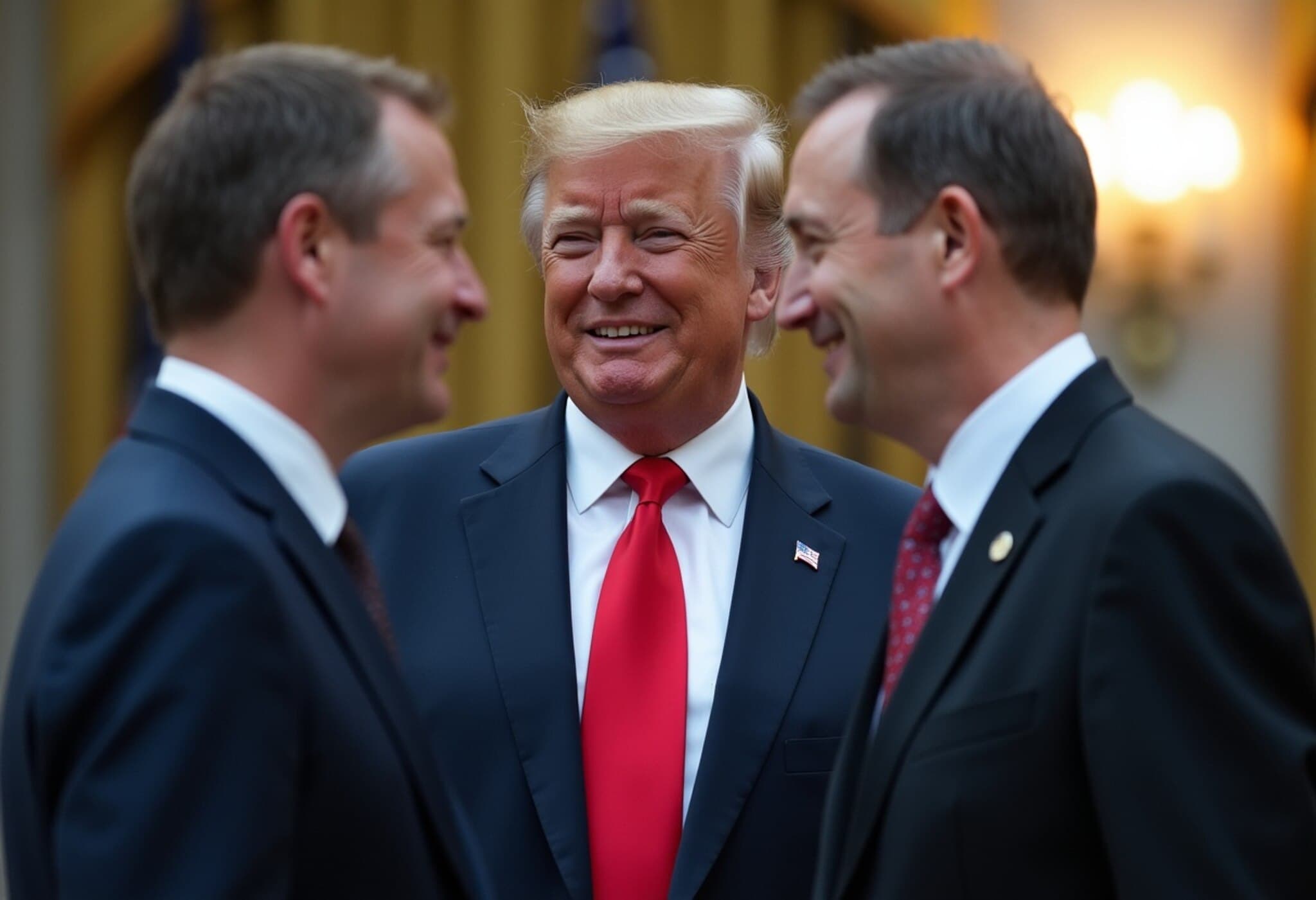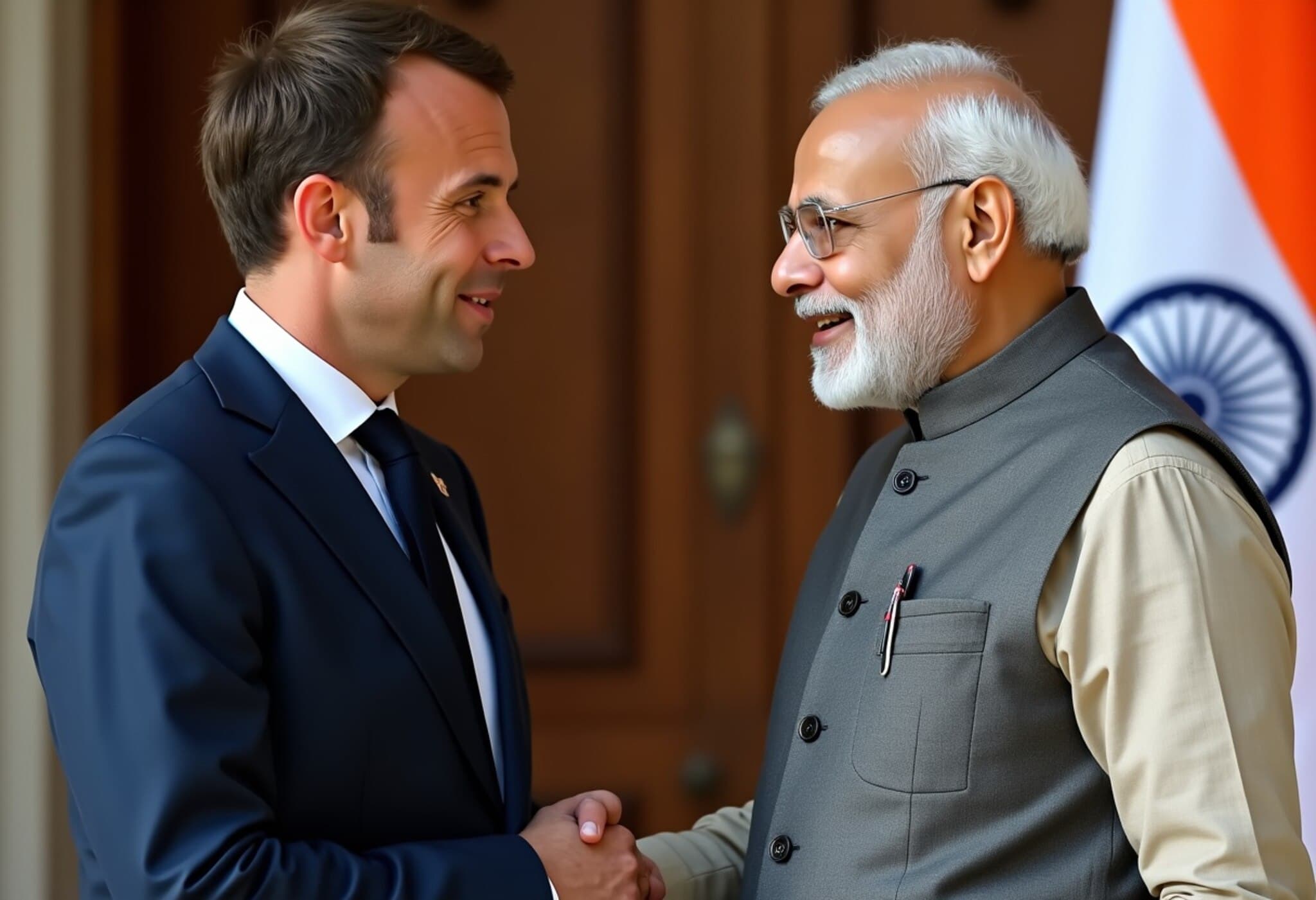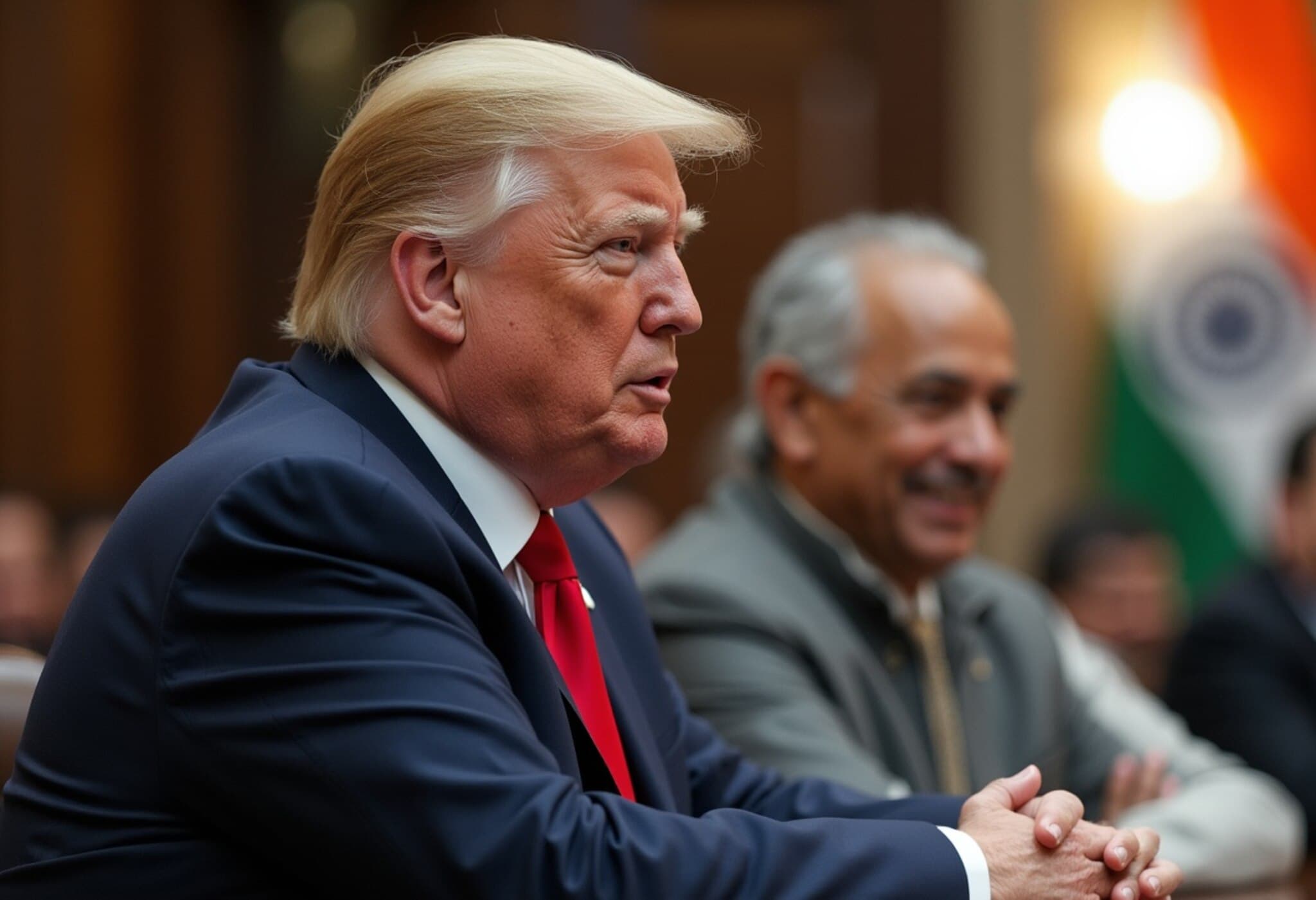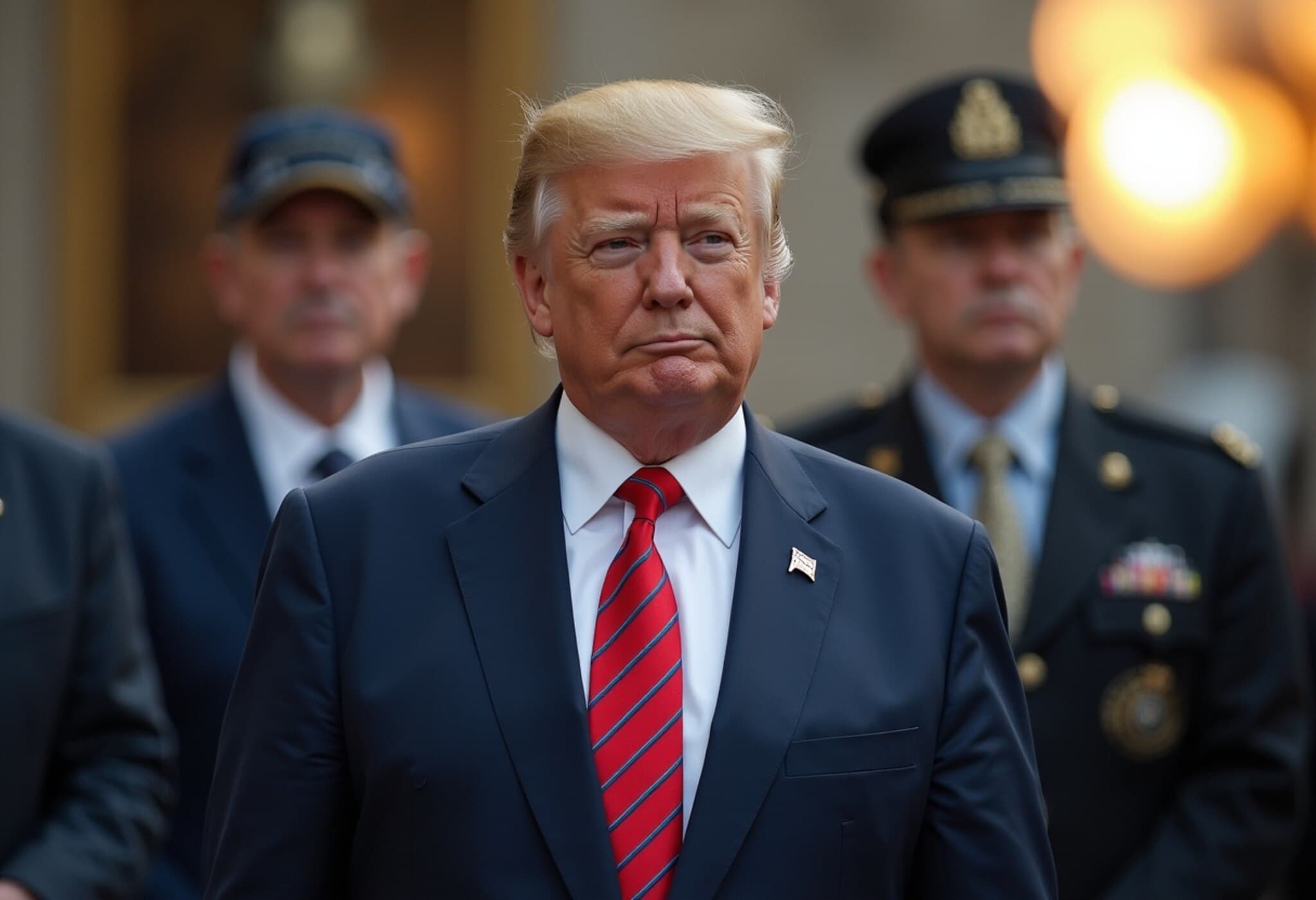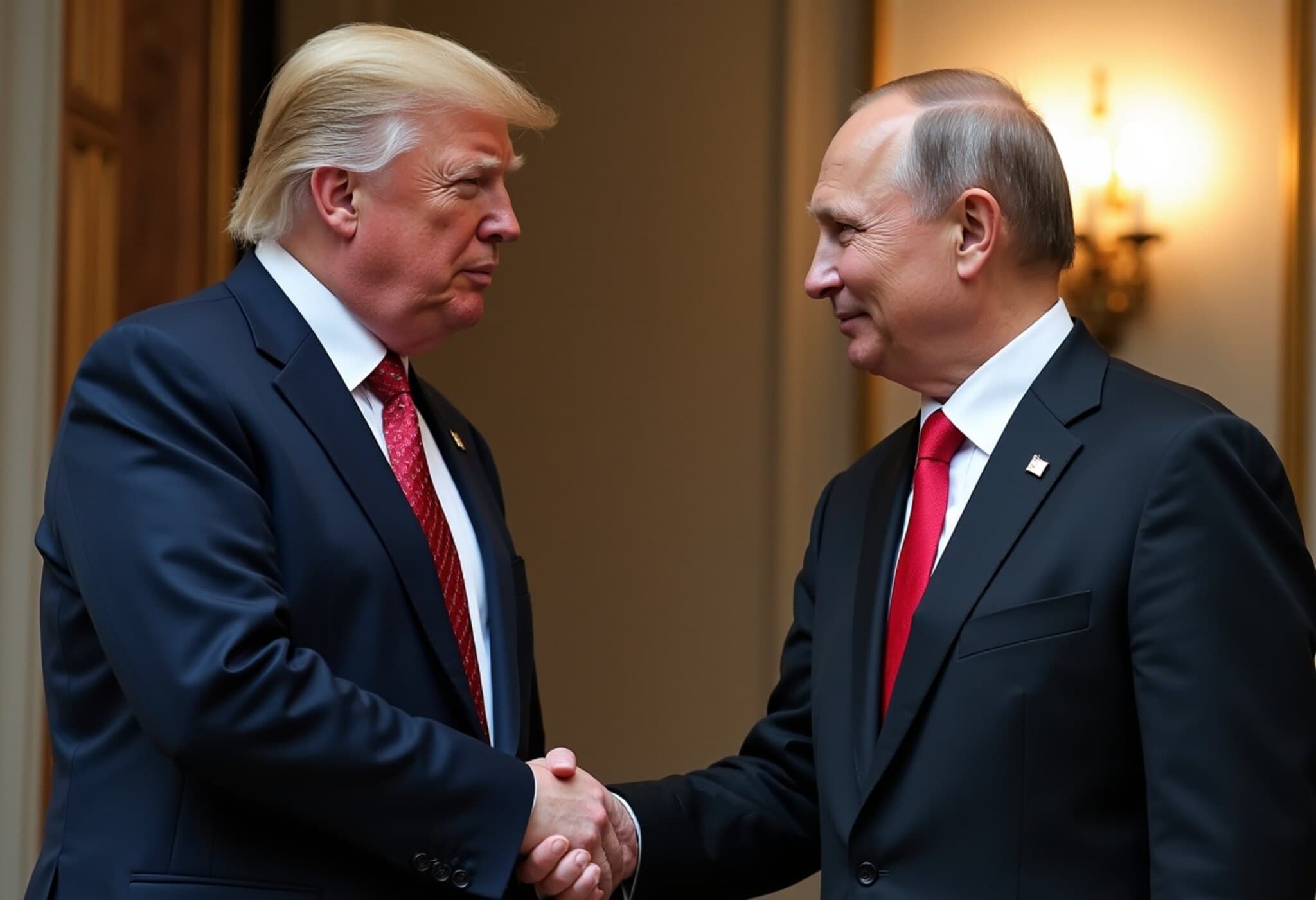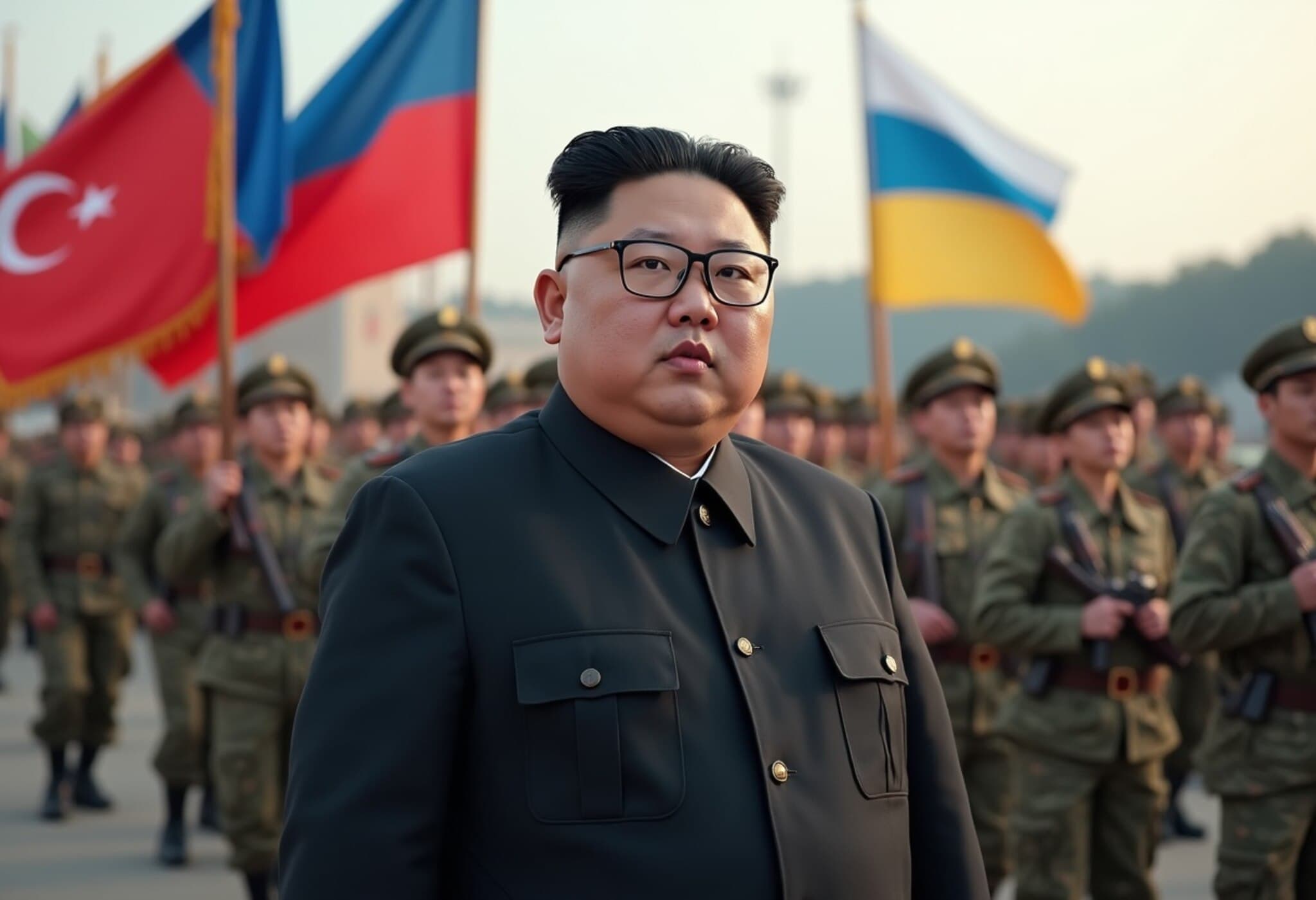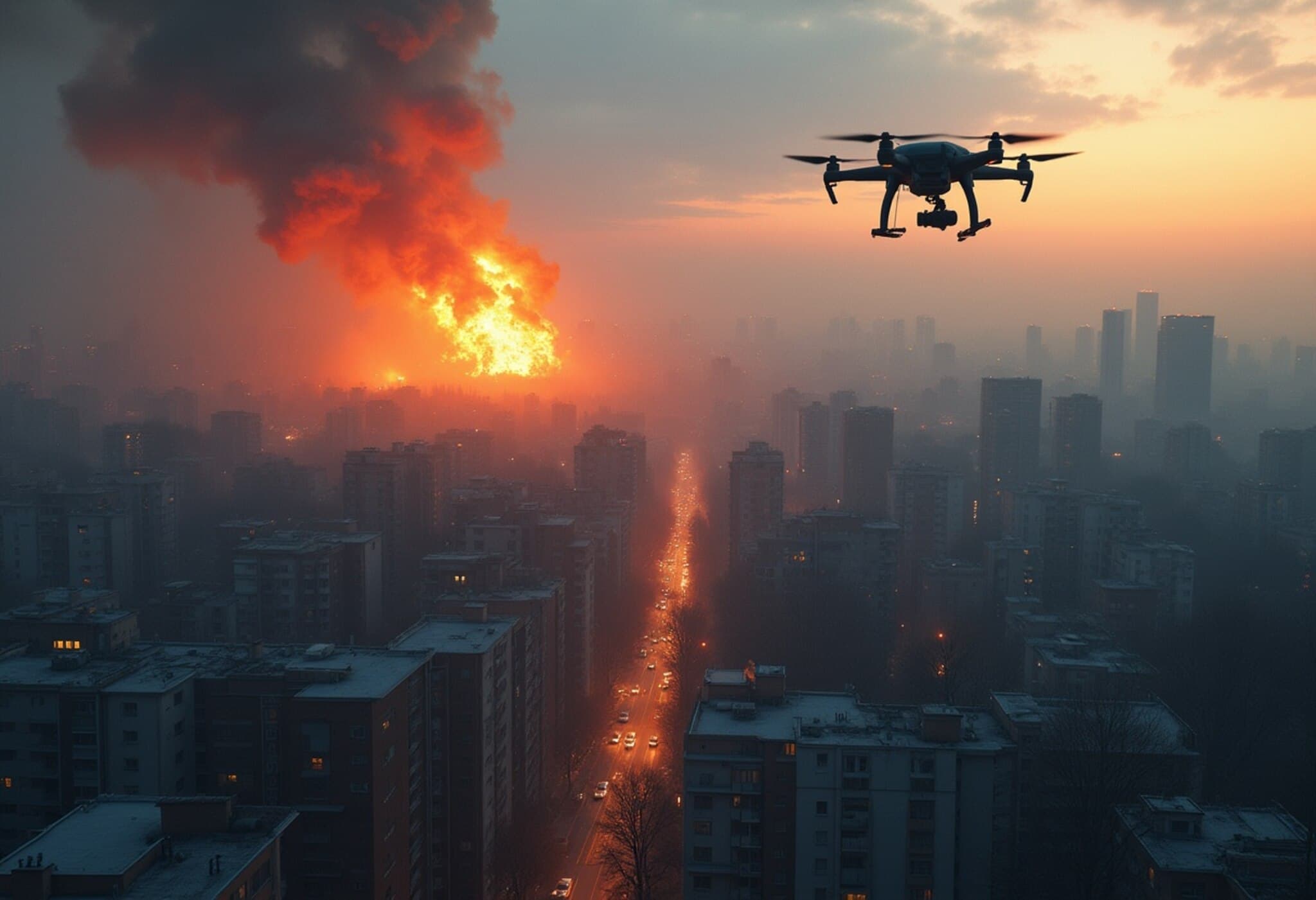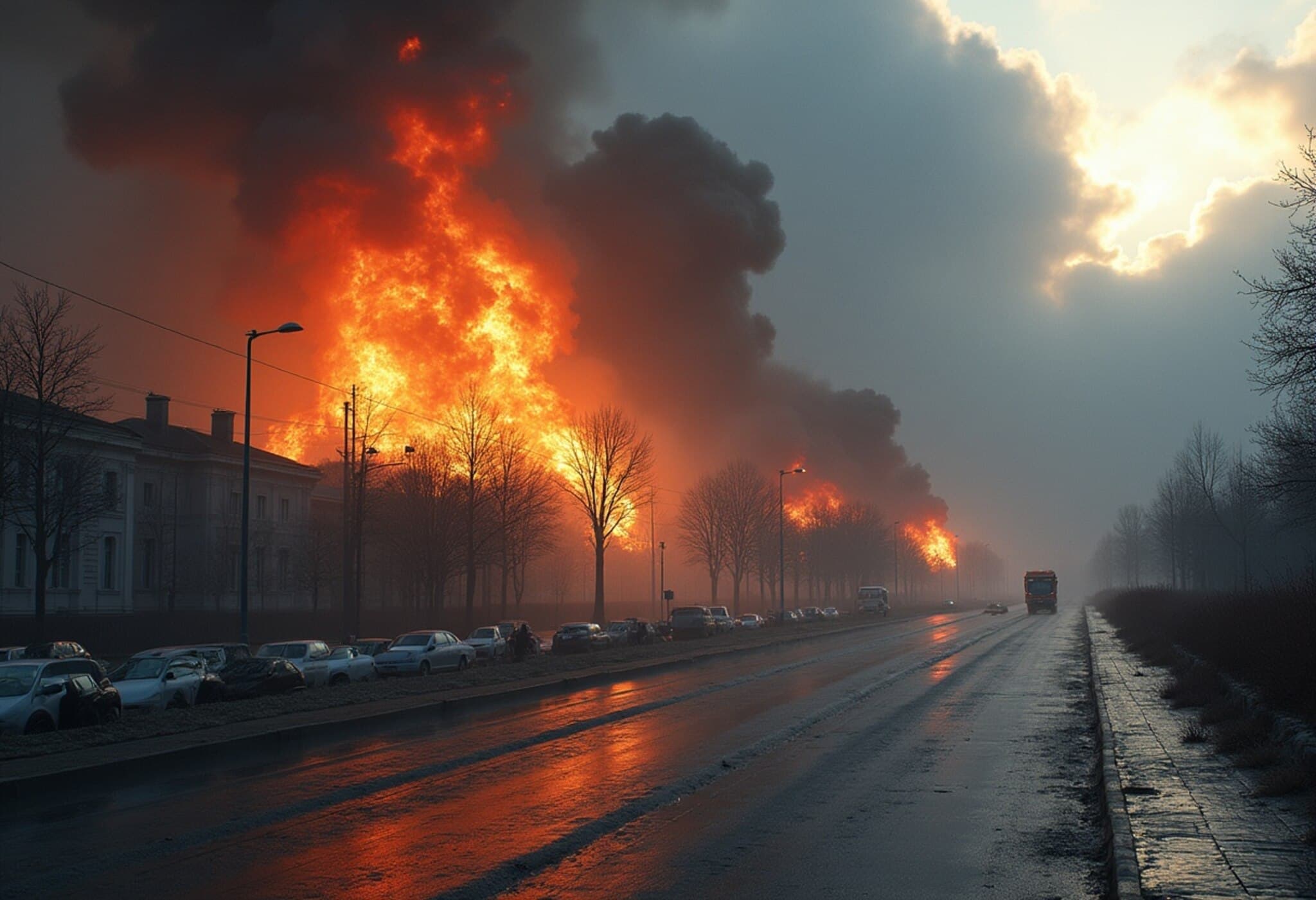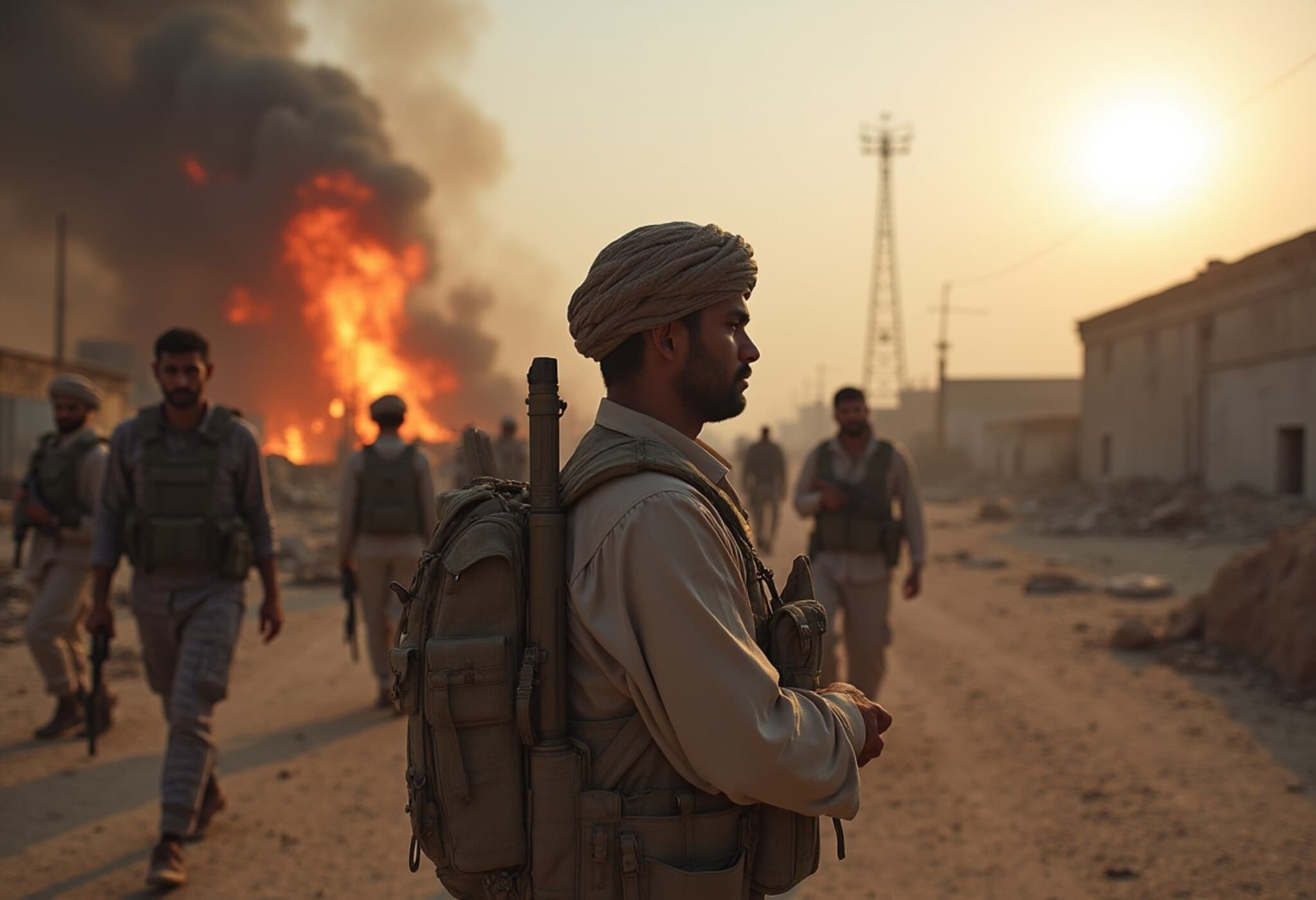Trump Sparks Controversy Over ‘Modi’s War’ Comment Amid Russia-Ukraine Conflict
In a move that has ignited diplomatic and political backlash, former U.S. President Donald Trump’s trade advisor, Peter Navarro, controversially described the ongoing Russian invasion of Ukraine as “Modi’s war,” directly implicating Indian Prime Minister Narendra Modi in a conflict far beyond India’s borders. This statement has been met with considerable criticism from a range of experts, lawmakers, and analysts who argue it mischaracterizes India’s stance and oversimplifies complex geopolitical realities.
Navarro's Bold Assertion Stirs U.S.-India Tensions
During a Bloomberg TV interview, Peter Navarro doubled down on his remarks, confirming that calling the conflict "Modi’s war" was intentional. This incendiary comment comes amidst heightened U.S. tariffs on Indian exports—now totaling a harsh 50% following an additional 25% raise—specifically targeting India’s controversial purchase of Russian oil. The economic ripple effect is considerable, with the Indian government estimating these tariffs could jeopardize up to $48 billion worth of exports and potentially slice 1% off India's annual GDP growth.
Experts Push Back: Modi’s Opposition to the War is Clear
Prominent voices in the policy community have quickly condemned Navarro’s remarks. Michael Kugelman, a South Asia expert and senior fellow at the Asia Pacific Foundation of Canada, pointed out that “no non-Western leader has publicly opposed the war as clearly and frequently as Modi.” Kugelman’s insight sheds light on the often-overlooked fact that India’s official position has been cautious yet critical of Russia’s aggression, striving to balance geopolitical realities with its strategic interests.
Adding to the chorus, Democrats on the U.S. House Foreign Affairs Committee criticized the selective application of tariffs. They underscore that China, the world’s largest buyer of Russian oil, has largely escaped similar restrictions.
“Instead of imposing sanctions on China or others purchasing larger amounts of Russian oil, Trump’s singling out India with tariffs is hurting American workers and undermining the vital U.S.-India relationship,” they stated, calling the policy inconsistent and counterproductive.
Conservative Voices Join Criticism Over Tariff Strategy
Interestingly, even conservative policy analysts like Jeff M. Smith from The Heritage Foundation, a think tank with Trump sympathies, have described the tariff stance against India as, quite simply, “dumb.” Smith highlighted the lack of strategic clarity in sanctioning India—one of the world’s largest democracies and key U.S. partners—while China, with a far more substantial role in fueling the conflict economically, remains untouched.
Navarro’s Rationale: A Controversial Take on Sovereignty and Responsibility
Navarro argued that American consumers, workers, and taxpayers suffer because of India’s “arrogant” stance on tariffs and oil imports, implying that India indirectly fuels the conflict by continuing to buy Russian oil. Refusing to backtrack, he emphasized that the “road to peace runs, in part, through New Delhi,” suggesting that India could leverage its influence over Russia to help end the war.
Yet, this view neglects India’s geopolitical tightrope walk, balancing its strategic autonomy, deep energy needs, and historical ties with Russia. India’s official position emphasizes dialogue and diplomatic efforts to de-escalate tensions rather than direct condemnation or aggressive sanctions.
What Lies Ahead for U.S.-India Relations?
This episode reveals deeper fissures within the complex U.S.-India relationship, particularly as global powers navigate a fraught geopolitical landscape shaped by war, energy security, and economic competition. The sharp rhetoric from Navarro and subsequent U.S. tariffs risk alienating a pivotal ally, potentially pushing India closer to other strategic partners and complicating the broader Western approach to the Russia-Ukraine conflict.
For policymakers, the key challenge remains balancing economic interests, geopolitical strategy, and shared democratic values without resorting to oversimplified narratives that may strain alliances.
Key Takeaways:
- Navarro’s comments attributing the war to Modi have drawn widespread criticism as inaccurate and diplomatically reckless.
- India maintains a nuanced position, opposing the invasion while safeguarding its sovereign right to energy and trade policies.
- U.S. tariffs on India risk significant economic damage and may undermine bilateral relations.
- Differential treatment of China vs. India casts doubt on the rationale behind U.S. trade sanctions related to Russian oil.
- Experts emphasize the importance of strategic dialogue over inflammatory rhetoric to ensure cooperative conflict resolution.
Editor’s Note
The characterisation of the Russian invasion of Ukraine as “Modi’s war” underscores the peril of politicizing complex international conflicts through blunt labels. Such remarks not only jeopardize diplomatic relations but also obscure the nuanced geopolitical calculations that nations like India must navigate. As the global community seeks peaceful resolutions, it’s critical to understand each actor’s unique position rather than resorting to reductive blame narratives. Observers should watch how U.S.-India relations evolve—and whether cooler heads will prevail in maintaining this vital strategic partnership amid global tumult.

